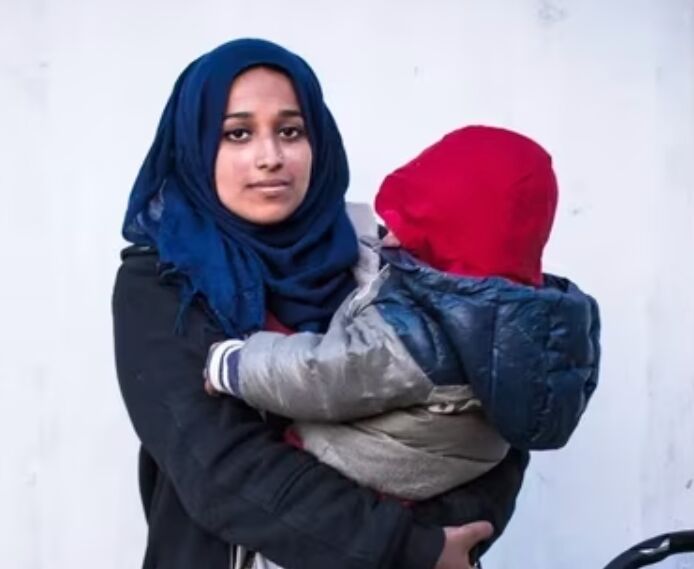Controversy rages as Hoda Muthana fights to prove US citizenship after joining ISIS
The controversial case of Hoda Muthana, an Alabama woman involved with ISIS has her citizenship status called into question, leaving her and her child in a state of uncertainty. The complexity of the situation prompts broader discussions about citizenship and its implications.
Hoda Muthana, a woman with Alabama roots, has found herself embroiled in a heated controversy surrounding her citizenship after joining the Islamic State (ISIS). While her lawyer appeals to President Joe Biden to bring her back to the United States, claiming that Muthana deserves a chance to make amends, the US government remains firm in its stance that she is not and never was a US citizen.
Muthana's journey took her from Alabama to Syria, where she became a part of ISIS. However, after she decided to leave the terrorist group and return to the United States, she found herself unable to do so. The question of her citizenship status now hangs in the balance, with the Supreme Court recently declining to hear her case, further complicating matters.
The court's decision not to intervene has added a layer of complexity to Muthana's situation. While her passport was indeed revoked, the court's official communication stated that this action did not change her citizenship status. Muthana's lawyer, Adam Jump, argues that she has submitted proper citizenship documents to the Department of Justice, emphasizing that citizenship cannot be revoked arbitrarily or as a form of punishment.
He warns that any effort to do so would endanger the rights of all American citizens. On the other hand, the US State Department maintains that Muthana is not a US citizen, standing firm on its previous stance. This leaves Muthana and her child, both currently in detention, in a state of uncertainty about their immediate future.
The Supreme Court's refusal to take up the case has left them in limbo, with no clear resolution in sight. One factor that complicates Muthana's citizenship claim is her father's past as a UN diplomat from Yemen. Although Muthana was born in the US, children of diplomats do not automatically receive US citizenship.
However, Muthana's father argues that he renounced his diplomatic status before her birth, which should entitle her to citizenship. The US government, however, disputes this claim, further adding to the complexity of the situation.
The outcome of this battle over Muthana's citizenship status not only impacts her immediate future but also raises broader questions about the nature of citizenship and its implications for others facing similar circumstances. The case serves as a reminder of the complexities surrounding citizenship law and the profound consequences it can have on individuals and their families.




